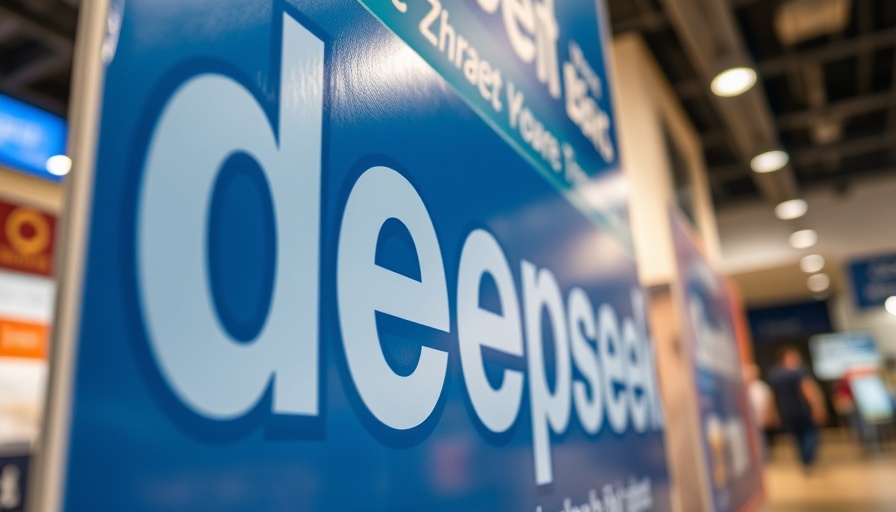
The Unlikely Success of DeepSeek: Liberal Arts Meets AI
DeepSeek, a Chinese startup, has emerged at the forefront of artificial intelligence (AI) text generation, not through typical methods reliant on tech-heavy expertise, but by leveraging the unique insights of liberal arts graduates. This unconventional approach reveals a profound aspect of AI's evolution—an appreciation for the human touch in technology.
Its models, which have taken the Chinese internet by storm, owe their eloquence to a team described as 'data omniscients'—individuals with backgrounds in history, culture, and literature tasked with assembling a virtual library. This integration of literary expertise and cutting-edge algorithms positions DeepSeek as a noteworthy case study in the AI landscape.
The Role of Liberal Arts in AI Development
According to former DeepSeek employee Wang Zihan, this approach is about more than just efficiency; it's about nurturing creativity across all teams. The delicate infusion of human knowledge into machine learning not only enhances the textual responses generated by the AI but also reflects a growing trend toward valuing the human-centric elements in technological development.
Moreover, liberal arts graduates significantly enhance the quality of the Chinese text produced by DeepSeek, as emphasized by another ex-employee, Zheng Size. Their involvement underscores the critical importance of subjectivity and critical thinking, essential components often overshadowed by algorithm-driven processes.
A Case for the Human Touch in Technology
In a time when AI tools like ChatGPT and Dall-E dominate conversations surrounding technology, the integration of liberal arts stands out starkly. Institutions, from universities to tech companies, echo the sentiment expressed by Emily Todd, a dean of arts and sciences who advocates for the relevance of liberal arts in fostering creativity and critical thinking. As she argues, people with liberal arts training are better equipped to navigate ethical dilemmas associated with AI, ensuring that technology serves to enhance rather than diminish our humanity.
Future Predictions: AI and the Importance of Humanness
The success of DeepSeek signals a promising paradigm shift where the intersection of technology and the humanities can lead to richer, more nuanced AI implementations. As more companies recognize the value brought by diverse educational backgrounds, the landscape of AI development may evolve. In this growth, the demand for professionals skilled not only in technology but in critical thinking and ethical reasoning is likely to increase, ensuring a balanced and human-centered approach to automation.
The Opportunity for AI Enthusiasts
For AI enthusiasts witnessing this shift, the implications are profound. The success story of DeepSeek invites a reevaluation of traditional expectations in the tech industry. Professionals from various fields, armed with liberal arts insights, may find new pathways to contribute to AI's growth and innovation—creating a space for interdisciplinary collaboration that enhances technological progression.
Actionable Insights: Embrace a Holistic Approach
As we head into an AI-driven future, seeking collaborations between tech specialists and liberal arts thinkers can catalyze innovation, ensuring technologies are not only functional but also resonate with humanity's core values. AI lovers should advocate for this blended approach, fostering a community that values both technological and humanistic advancements.
In conclusion, DeepSeek’s approach illuminates the way forward, suggesting that to thrive amid rapid change, we must embrace a more interdisciplinary perspective. By committing to integrate the insights of liberal arts into technology development, we can shape AI that is not only powerful but also profoundly human.
 Add Row
Add Row  Add
Add 




 Add Row
Add Row  Add
Add 

Write A Comment